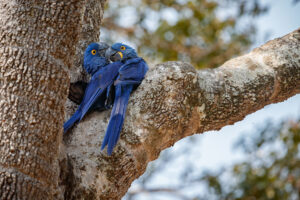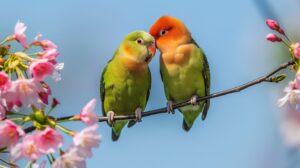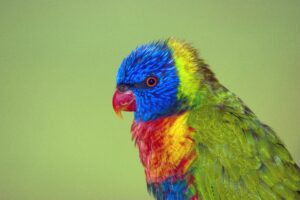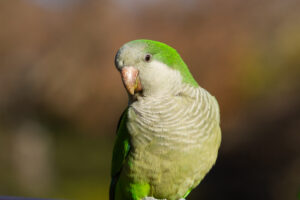Introduction to Conure Types
Conures are vibrant, intelligent parrots that have captured the hearts of bird enthusiasts across the United States. Understanding the different types of conures is crucial for potential pet owners, especially those new to avian companionship. In this comprehensive guide, we’ll explore the various conure species, highlighting which types might challenge beginners and suggesting more suitable alternatives.
What Are Conures?
Conures are small to medium-sized parrots known for their colorful plumage and engaging personalities. The world of conure parrot types is diverse, with numerous species offering unique characteristics. From the tiny green cheek conures to the more demanding sun conures, these birds represent a fascinating branch of the parrot family.
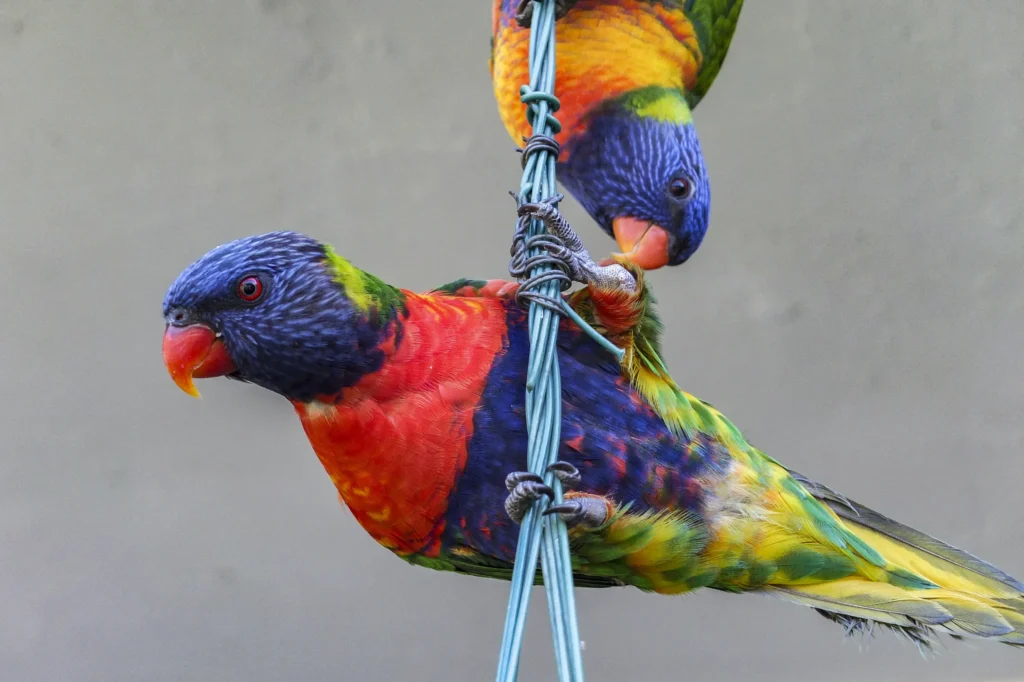
Understanding Conure Species: A Detailed Overview
Types of Conures: A Comprehensive Breakdown
When discussing conure bird species, it’s essential to recognize the wide variety of these charming parrots. Here’s a detailed look at the different types of conures:
- Green Cheek Conures
- Perhaps the most popular among small conure breeds
- Known for their relatively quiet nature
- Highly recommended for first-time conure owners
- Sun Conures
- Strikingly colorful conure types
- Known for their bright yellow and orange plumage
- Challenging for beginners due to their high energy and noise levels
- Jenday Conures
- Closely related to sun conures
- Vibrant coloration similar to sun conures
- Require significant attention and interaction
- Blue-Crowned Conures
- Medium-sized conure species
- More challenging for novice bird owners
- Require extensive socialization and mental stimulation
- Types of Conures
The 4 Worst Conure Types for Beginners
1. Nanday Conures: The Loud Challenge
Types of Conures
Why They’re Challenging:
- Extremely vocal and loud
- Require extensive social interaction
- Prone to screaming and behavioral issues
- Not suitable for apartment living
- Types of Conures
Better Alternative: Green Cheek Conure
- Quieter and more manageable
- Smaller size
- More adaptable to different living situations
2. Sun Conures: The High-Maintenance Companion
Why They’re Challenging:
- Extremely loud vocalization
- Intense energy levels
- Require constant attention
- Prone to biting if not properly socialized
Better Alternative: Pineapple Green Cheek Conure
- Similar vibrant coloration
- More relaxed temperament
- Easier to train and manage
3. Jenday Conures: The Demanding Performer
Why They’re Challenging:
- Require extensive daily interaction
- Prone to behavioral problems if neglected
- High-energy birds with significant exercise needs
- Can be nippy and temperamental
Better Alternative: White-Eyed Conure
- More balanced temperament
- Less demanding in terms of interaction
- More suitable for first-time owners
4. Blue-Crowned Conures: The Intelligent Handful
Why They’re Challenging:
- Extremely intelligent and require mental stimulation
- Prone to destructive behavior if bored
- Need extensive training and interaction
- Can be loud and persistent
Better Alternative: Green-Cheeked Turquoise Conure
- More manageable size
- Calmer disposition
- Easier to train and socialize
Comprehensive Conure Species Comparison
| Conure Type | Noise Level | Difficulty for Beginners | Size | Best Suited For |
|---|---|---|---|---|
| Green Cheek | Low | Easy | Small | First-time owners |
| Sun Conure | High | Difficult | Medium | Experienced owners |
| Nanday | Very High | Very Difficult | Medium | Advanced owners |
| Blue-Crowned | High | Difficult | Medium-Large | Experienced owners |
Choosing the Right Conure: Key Considerations
When selecting from the various types of conures, consider these crucial factors:
- Living Space
- Apartment vs. house
- Available interaction time
- Noise tolerance
- Experience Level
- First-time bird owner
- Previous parrot experience
- Ability to provide consistent training
- Time Commitment
- Daily interaction requirements
- Training capabilities
- Socialization needs
Rare and Unique Conure Types

While some conure types are more common, bird enthusiasts might be interested in rare conure types:
- Peach-Fronted Conures
- Golden-Capped Conures
- Half-Moon Conures
Caring for Your Conure: Essential Tips
Diet
- Varied, nutritious diet
- Fresh fruits and vegetables
- High-quality pellet food
Exercise
- Daily out-of-cage time
- Toys for mental stimulation
- Supervised flying time
Health Considerations
- Regular veterinary check-ups
- Watch for signs of illness
- Maintain clean living environment
Trusted Resources for Conure Owners
- Avian Veterinary Associations
- Association of Avian Veterinarians (AAV)
- www.aav.org
- Parrot Care Websites
- The Spruce Pets Conure Guide
- www.thesprucepets.com/conures-1236749
- Professional Breeding Organizations
- International Conure Association
- Local avian rescue centers
Conclusion: Finding Your Perfect Conure Companion
Navigating the world of conure types can be overwhelming, but with careful research and consideration, you’ll find the perfect feathered friend. Remember that each conure species has unique characteristics, and the key to a successful relationship is understanding their specific needs.
Internal Links:
Final Recommendations

For beginners, we strongly recommend:
- Green Cheek Conures
- Pineapple Green Cheek Conures
- White-Eyed Conures
These types of conures offer the best balance of personality, manageability, and companionship for new bird owners.
Disclaimer: Always consult with an avian veterinarian or experienced breeder before making a final decision on your conure companion.
Note: This guide is part of our commitment to providing comprehensive, accurate information for pet lovers at Pets Pump.



